Refine search
Actions for selected content:
3411341 results
A Labour Theory of Value
- Coming soon
-
- Expected online publication date:
- June 2026
- Print publication:
- 31 July 2026
-
- Book
- Export citation
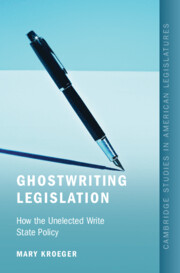
Ghostwriting Legislation
- How the Unelected Write State Policy
- Coming soon
-
- Expected online publication date:
- June 2026
- Print publication:
- 30 June 2026
-
- Book
- Export citation
Recreational Drugs Repurposed for Medicinal Use
- Coming soon
-
- Expected online publication date:
- June 2026
- Print publication:
- 30 June 2026
-
- Book
- Export citation
Humans and Gods in Sophocles and Early Greek Thought
- Theology, Epistemology and Narrative
- Coming soon
-
- Expected online publication date:
- June 2026
- Print publication:
- 30 June 2026
-
- Book
- Export citation

Daisy Miller and Other Tales, 1874–1879
- Coming soon
-
- Expected online publication date:
- June 2026
- Print publication:
- 30 June 2026
-
- Book
- Export citation
Translate
- Multilingual Access to Critical Services in the Age of AI
- Coming soon
-
- Expected online publication date:
- June 2026
- Print publication:
- 30 June 2026
-
- Book
- Export citation
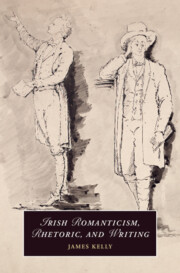
Irish Romanticism, Rhetoric, and Writing
- Coming soon
-
- Expected online publication date:
- June 2026
- Print publication:
- 30 June 2026
-
- Book
- Export citation

An Anticolonial Development
- Race, Schooling, and Emancipation in Twentieth-Century West Africa
- Coming soon
-
- Expected online publication date:
- June 2026
- Print publication:
- 31 May 2026
-
- Book
- Export citation
Governance by Emulation
- The Oversight Board, the Digital Services Act, and the Struggle for Platform Accountability
- Coming soon
-
- Expected online publication date:
- June 2026
- Print publication:
- 31 May 2026
-
- Book
- Export citation
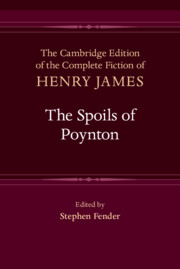
The Spoils of Poynton
- Coming soon
-
- Expected online publication date:
- June 2026
- Print publication:
- 30 June 2026
-
- Book
- Export citation

Equivariant Principal ∞-Bundles
- Coming soon
-
- Expected online publication date:
- June 2026
- Print publication:
- 30 June 2026
-
- Book
- Export citation
MCQs for Intensive Care Medicine
- Coming soon
-
- Expected online publication date:
- June 2026
- Print publication:
- 30 June 2026
-
- Book
- Export citation
A Kantian Theory of Moral Character
- Coming soon
-
- Expected online publication date:
- June 2026
- Print publication:
- 30 June 2026
-
- Book
- Export citation

The Elephants in the Room
- How Trump Voters Seized the Party from Republican Leaders
- Coming soon
-
- Expected online publication date:
- June 2026
- Print publication:
- 18 June 2026
-
- Book
- Export citation
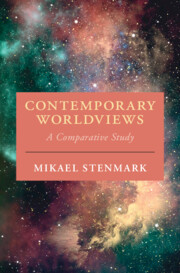
Contemporary Worldviews
- A Comparative Study
- Coming soon
-
- Expected online publication date:
- June 2026
- Print publication:
- 31 May 2026
-
- Book
- Export citation
Indigenous Environmental Rights
- Towards a Holistic Regime
- Coming soon
-
- Expected online publication date:
- June 2026
- Print publication:
- 30 June 2026
-
- Book
- Export citation

Teaching with Instructional Video
- Coming soon
-
- Expected online publication date:
- June 2026
- Print publication:
- 30 June 2026
-
- Book
- Export citation
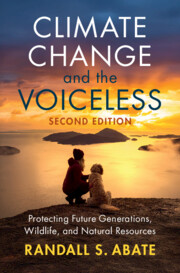
Climate Change and the Voiceless
- Protecting Future Generations, Wildlife, and Natural Resources
- Coming soon
-
- Expected online publication date:
- June 2026
- Print publication:
- 30 June 2026
-
- Book
- Export citation

Who Thinks Like an Economist?
- How the Economist Mental Model Shapes Political Decisions
- Coming soon
-
- Expected online publication date:
- June 2026
- Print publication:
- 30 June 2026
-
- Book
- Export citation

Reprints and Revivals of Renaissance Drama
- Coming soon
-
- Expected online publication date:
- June 2026
- Print publication:
- 30 June 2026
-
- Book
- Export citation
